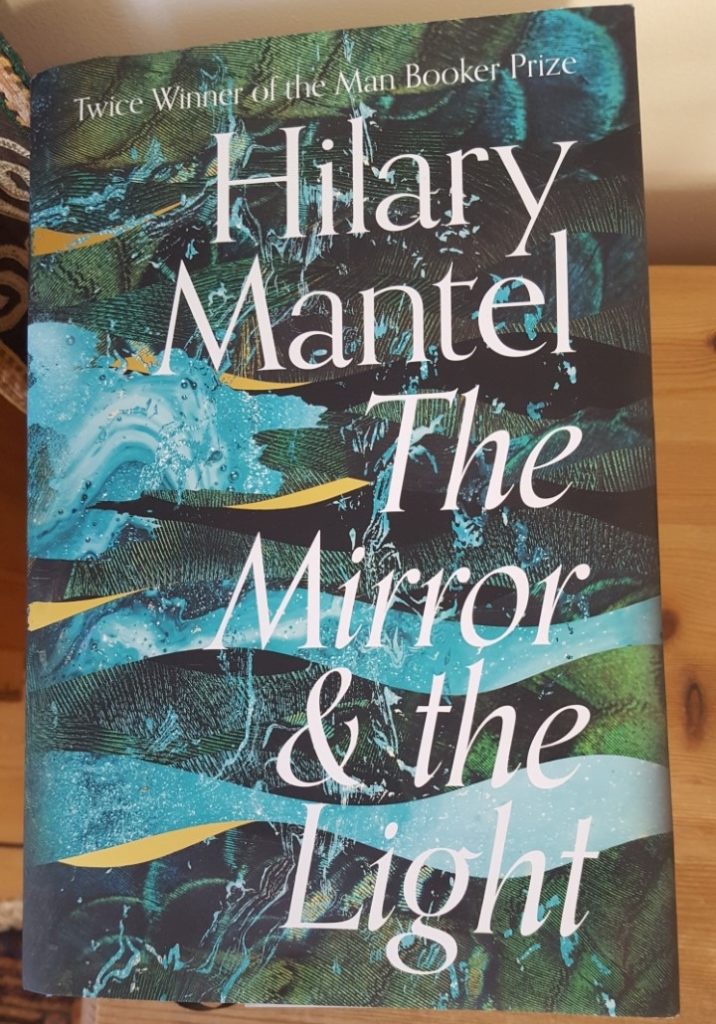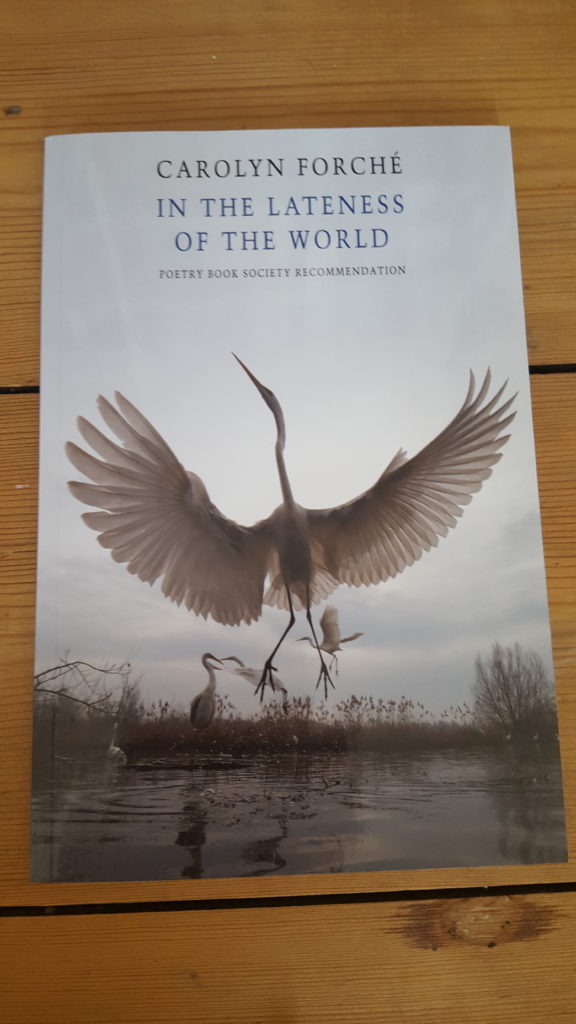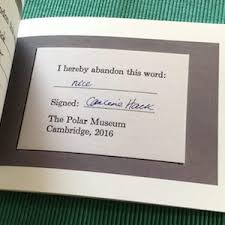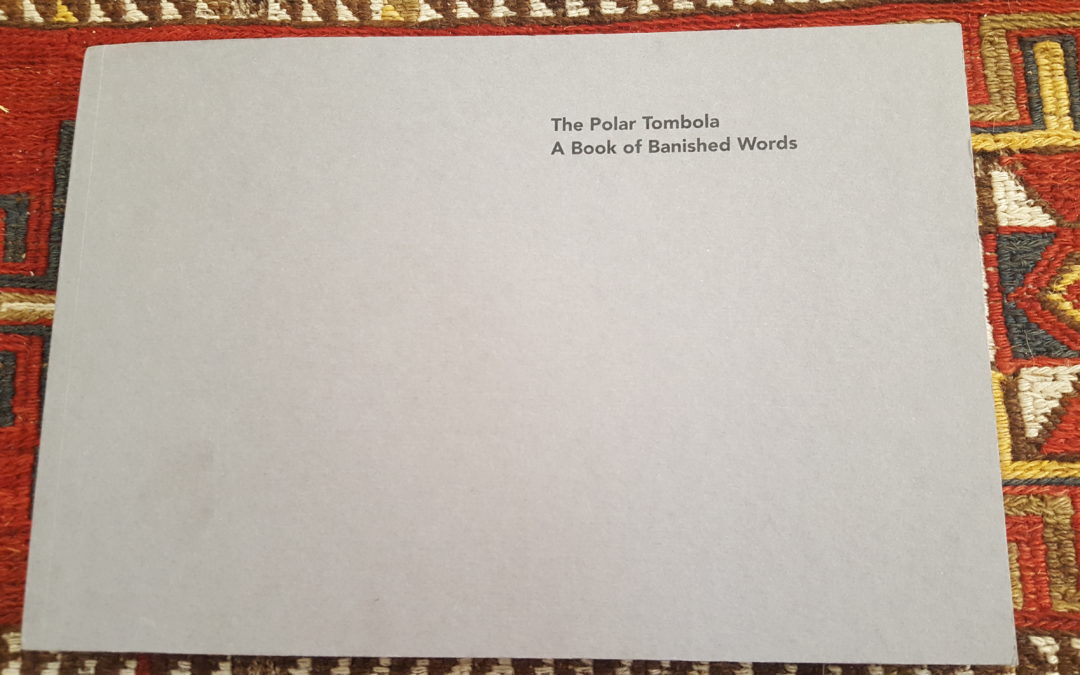(Because one is never enough)

Has my reading changed under lockdown? Four or five weeks ago, I might have said yes, I’m reading the kind of books I read on holiday. This is how my first book, Hilary Mantel’s The Mirror & the Light (4th Estate, 2020), found its way into my lockdown reading. This is a big book, a book that asks to have time spent with it. It runs to 875 pages (I’m on page 190). It has a Cast of Characters and a Family Tree! It’s too big for me to hold comfortably for long, especially when reading in bed. It’s the exact opposite of Terry Pratchett’s Discworld Series. And it’s a demanding read. That present continuous tense, Mantel’s famous prose, is now given to looping back on itself to revisit episodes from Cromwell’s life told first in Wolf Hall or Bring Up the Bodies. It slows things down, and the effect is to contain, if not constrain the reader. Apt, perhaps, under lockdown.

Two weeks deeper into lockdown, poetry appealed, always a go-to genre. Reading it and listening too. I’m following Patrick Stewart’s #ASonnetADay on Twitter. The experience has delivered back to me something of my fourteen-year old self, when I first discovered Shakespeare. Is this comfort reading? I’m not sure. Some of his sonnets I now find discomforting. Others blow me away. Thank you, @SirPatStew. My second book, however, is not Shakespeare’s Sonnets but In the Lateness of the World by Carolyn Forché (Bloodaxe Books, 2020). These are fierce, uncompromising poems, deeply compassionate and politically sharp. Forché borrows her title from Robert Duncan’s “Poetry, A Natural Thing”, and her epigraph from Edmond Jabès, “To those, finally, whose roads of ink and blood go through / words and men. / And most of all, to you. To us. To you.” This is poetry of and for our late world, and it will take time to find words in response.
My third book under lockdown arrived a few days ago. Nancy Campbell’s The Polar Tombola: A Book of Banished Words (Bird Editions, 2017) is a gift from Beth Whalley, a former student who shares my interest in Campbell’s poetry and artist’s books. The Polar Tombola grew out of Campbell’s residencies in Greenland and her exploration of its profound social and environmental change, as it loses its familiar landscape and its language – Greenlandic – with it. “If you were to banish a word from your language what would it be?” asked Campbell at book fairs and events in 2015-17, including one organised by the University of Liverpool for the Being Human Festival, 2016. The Polar Tombola interleaves a selection of the words banished by participants in these events with poems by, among others, Vahni Capildeo and Richard Price (Head of Contemporary British Collections at the British Library and a member of the IES Advisory Council). Would I banish a word, asks Beth, and what would it be? Would you?

Clare A. Lees, Director of the IES


Thanks for sharing this – it’s always a pleasure to find out what people are reading (and recommending) at this time. Mantel’s “The Mirror and the Light” is a very popular choice at the moment, but I think reading it under the unusual constraints imposed by the pandemic, with our 21st century wings well and truly clipped, makes us just that bit more appreciative of what life under Tudor absolutism was like. There’s nothing like a big historical novel for immersive reading. I have to confess I didn’t know anything about “The Polar Tombola”, but this sounds remarkable – what an original conceit, to think about banishing a word from a language. I’d probably nominate ‘lockdown’, but perhaps that’s just an emotional response.
Thanks again for this thoughtful and insightful blog post.